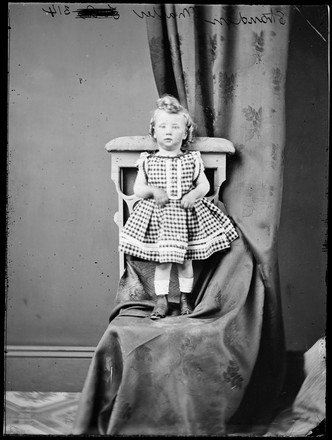William Standen 1872
That indifference to the rights of crockery, that apathy at the destruction of pitchers and glassware, that Gothic exultation over the ruins of a dinner-plate, which the unbreeched urchin displays, are manifestations of that same barbarian appetite for smashing which ruined the marbles of Greece and shattered the priceless vases of Italy. The original, genuine instinct is suppressed at first by force, and afterwards eradicated by artfully implanting an artificial taste for entire dinner-plates and for uncracked pitchers... The chief labour in education is the eradication of instincts. School-life is for a long time but an artful war between the pedagogue and the savage propensities of his pupils.... The boy, who at the age of twelve is fully resolved, as soon as he is released from home tyranny, to pitch his camp on the north fork of the Arkansas, and spend the rest of his life in the society of wolves and wild horses, finds that each year a band is tied to him which he will not be able to sunder; and at 21 he is firmly bound to civilization— a slave to clocks, and stoves, and tables— a bond man to hotels and newspapers.



 Back to list
Back to list